NASA's Hubble Space Telescope peered into the center of a vast galaxy cluster in a beautiful new image.
The European Space Agency (ESA) said the cosmic giant – called eMACS J1823.1+7822 – can be identified by the distortions in space-time surrounding it.
The mass of the cluster has caused the images of background galaxies to be gravitationally lensed.
Gravitational lensing occurs when a celestial object has such a massive gravitational pull that it warps time and space around it, bending the light from a more distant object and magnifying it.
WEBB TELESCOPE SNAPS SHOT OF FIRST ASTEROID BELT EVER SEEN OUTSIDE THE SOLAR SYSTEM
The agency said the cluster had caused a sufficient curvature of space-time to bend ...

.png) 1 year ago
38
1 year ago
38



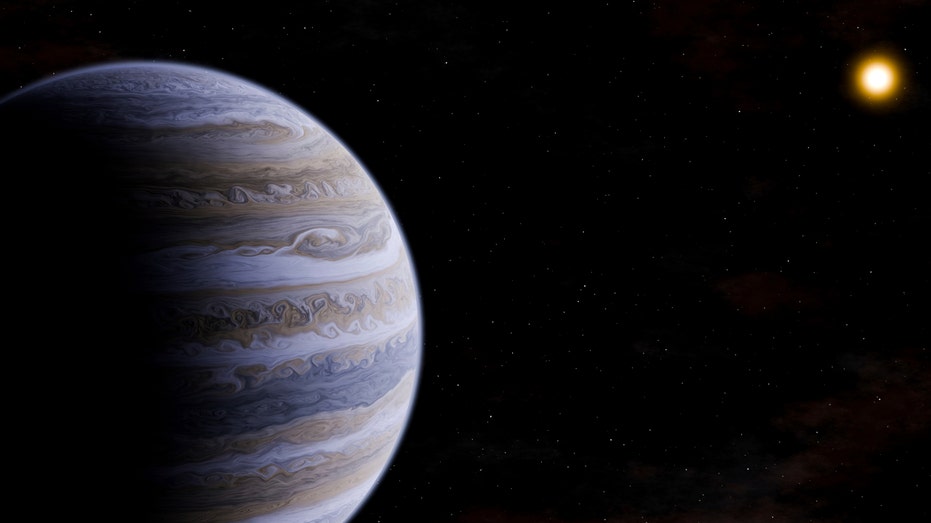
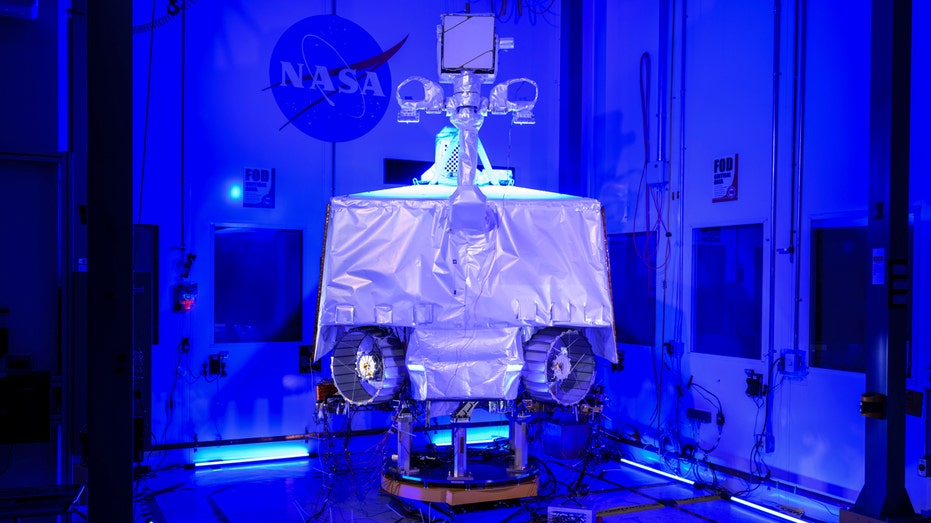


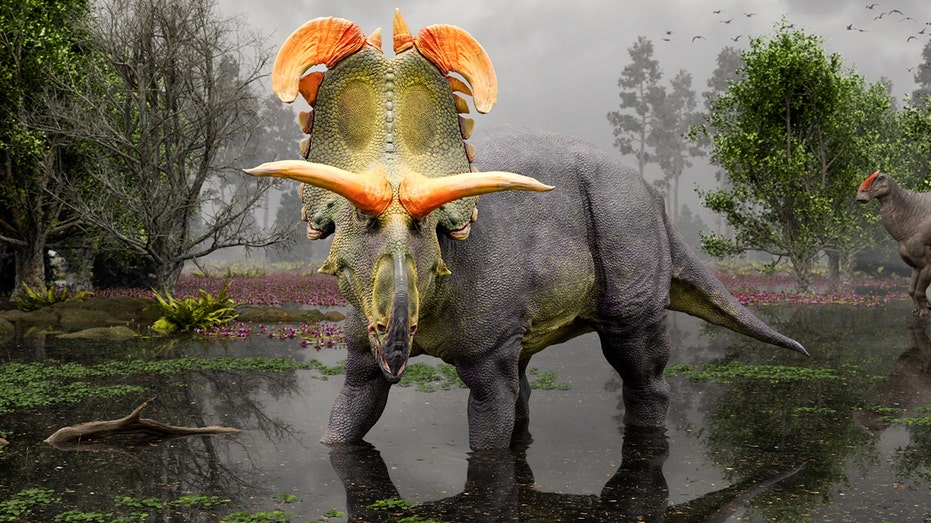

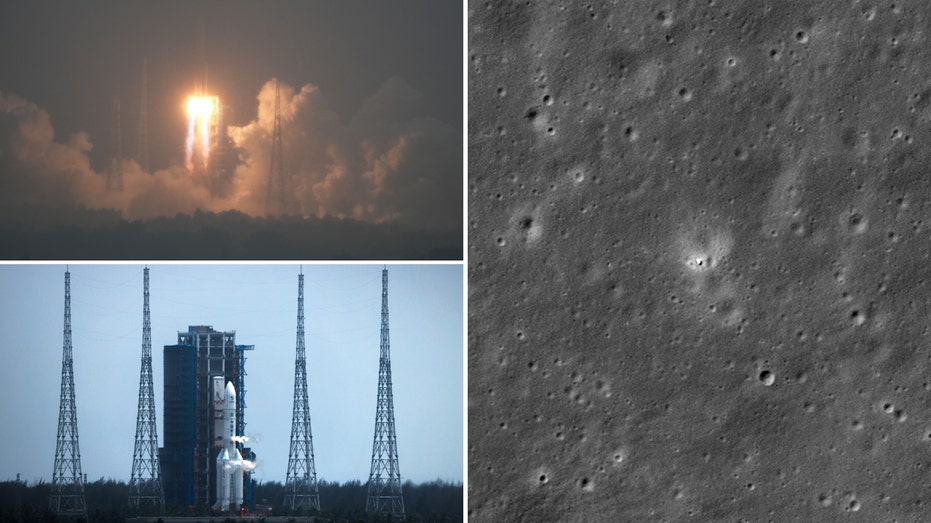

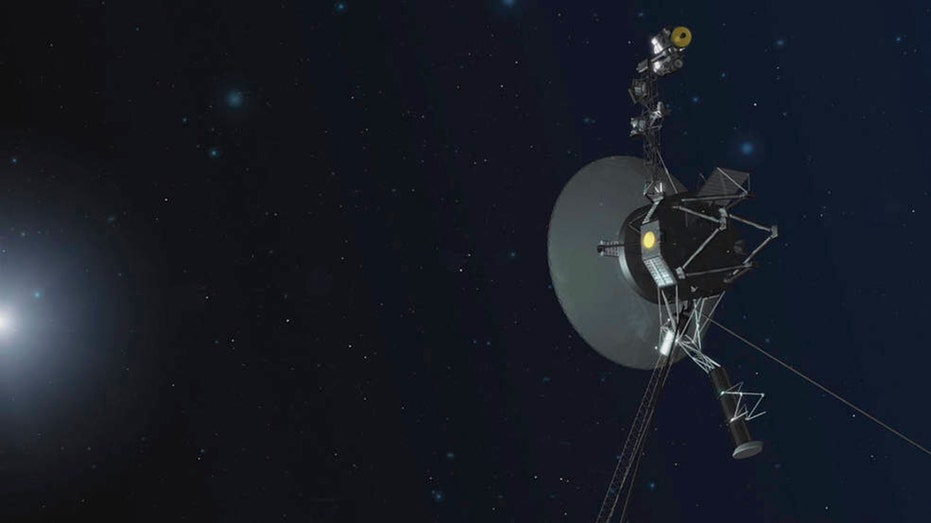
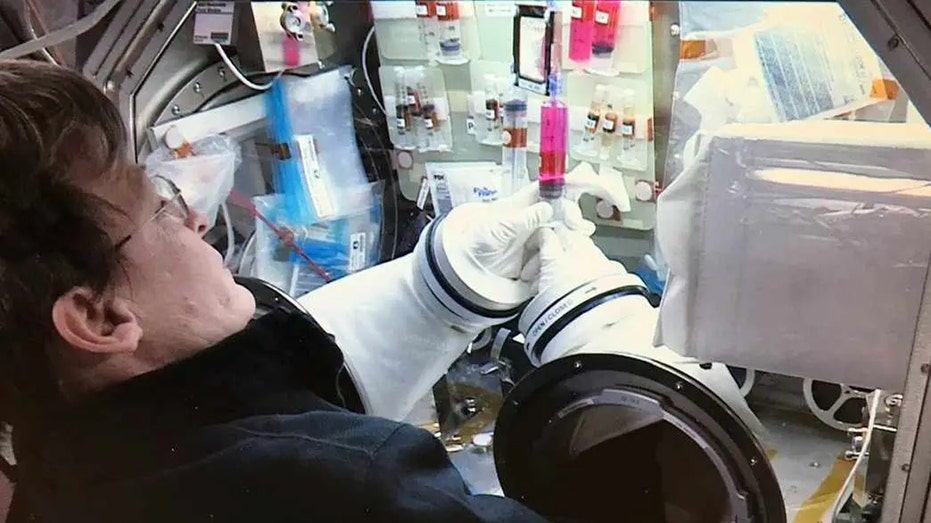




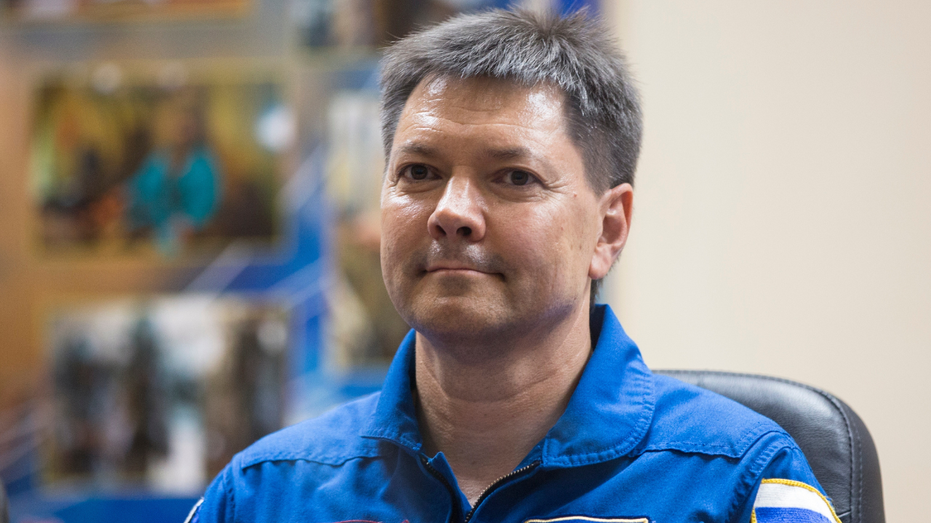


 English (US) ·
English (US) ·